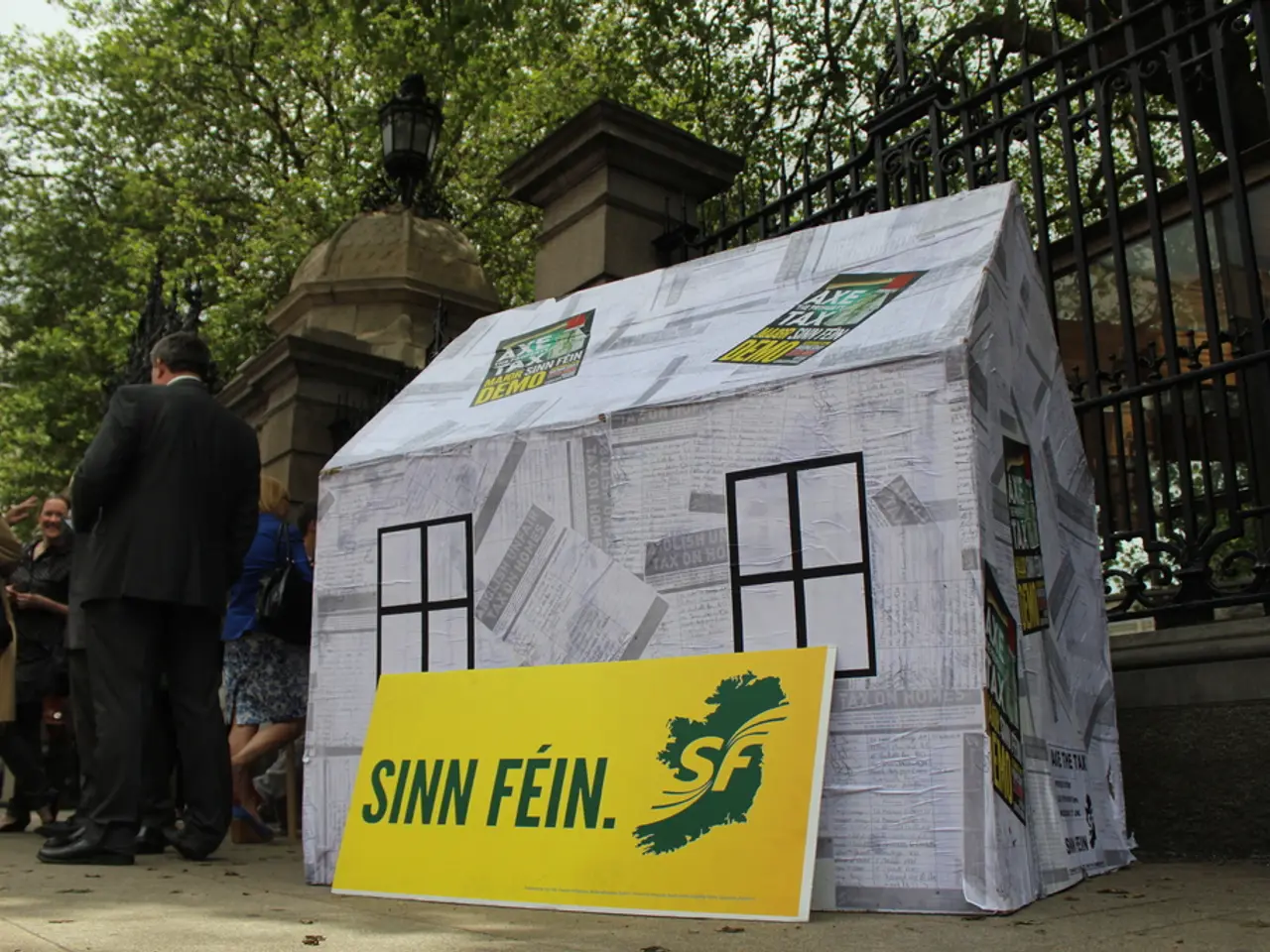Electricity Tax Cut U-Turn Leaves Craft Businesses, Consumers in a Lurch
Disappointment bites hard due to rejected electricity tax decrease proposal
In an unexpected turn, the federal government axed the planned cut to electricity tax, a move met with palpable disappointment among craft businesses and consumers alike. Craftsman associations claim they were gulled by the government, citing the decision as a massive blow to medium-sized businesses.
ZDH (Central Association of German Crafts) President, Jörg Dittrich, bitingly lamented the government's decision. "The federal government's callous refusal to implement the planned electricity tax reduction for all craft businesses is a bomb to the gut for the mid-tier," he stated.Dittrich had expected this cut to alleviate the immense burden for energy-intensive craft businesses, particularly.
Politics is at play, with Federal Minister of Finance, Lars Klingbeil, only promising a reduction in the coalition agreement that is conspicuously absent in the proposed budget. Joining the chorus of critics, CDU General Secretary, Carsten Linnemann, urged the reduction in electricity tax for all, citing the necessity of delivering on the climate compensation promise.
Meanwhile, Michael Kellner, energy spokesman for the Greens, claimed that scrapping the reduction would cripple the transition towards renewable energy and negatively impact consumers by making electric vehicles and heat pumps less affordable.
Some experts argue a reduction in electricity tax would potentially minimalize the need for heat pump subsidies and could be financially offset by defunding the corresponding fund by approximately 5 billion euros, currently earmarked at around 15 billion.
This polarizing decision illustrates the delicate balance between fiscal policy, energy transition, and the economic welfare of German businesses and citizens. As the energy crisis unfolds, the government may face increasing scrutiny for its handling of energy policies and challenges amidst economic recoveries.
[Sources: ntv.de, rog/dpa]
- Energy Policies
- Craft Businesses
- Consumer Impact
- Energy Transition
- Fiscal Constraints
- The axing of the planned electricity tax cut is a significant concern for craft businesses, as they were counting on it to ease their financial burden, particularly in light of energy-intensive operations.
- With the proposed budget excluding the reduction in electricity tax, there are calls from politicians like Carsten Linnemann and experts for the government to reconsider, as such a move could potentially minimize the need for heat pump subsidies, have a positive impact on consumers, and align with the climate compensation promise, while also demonstrating a delicate balance between fiscal policy, energy transition, and economic welfare for German businesses and citizens.




